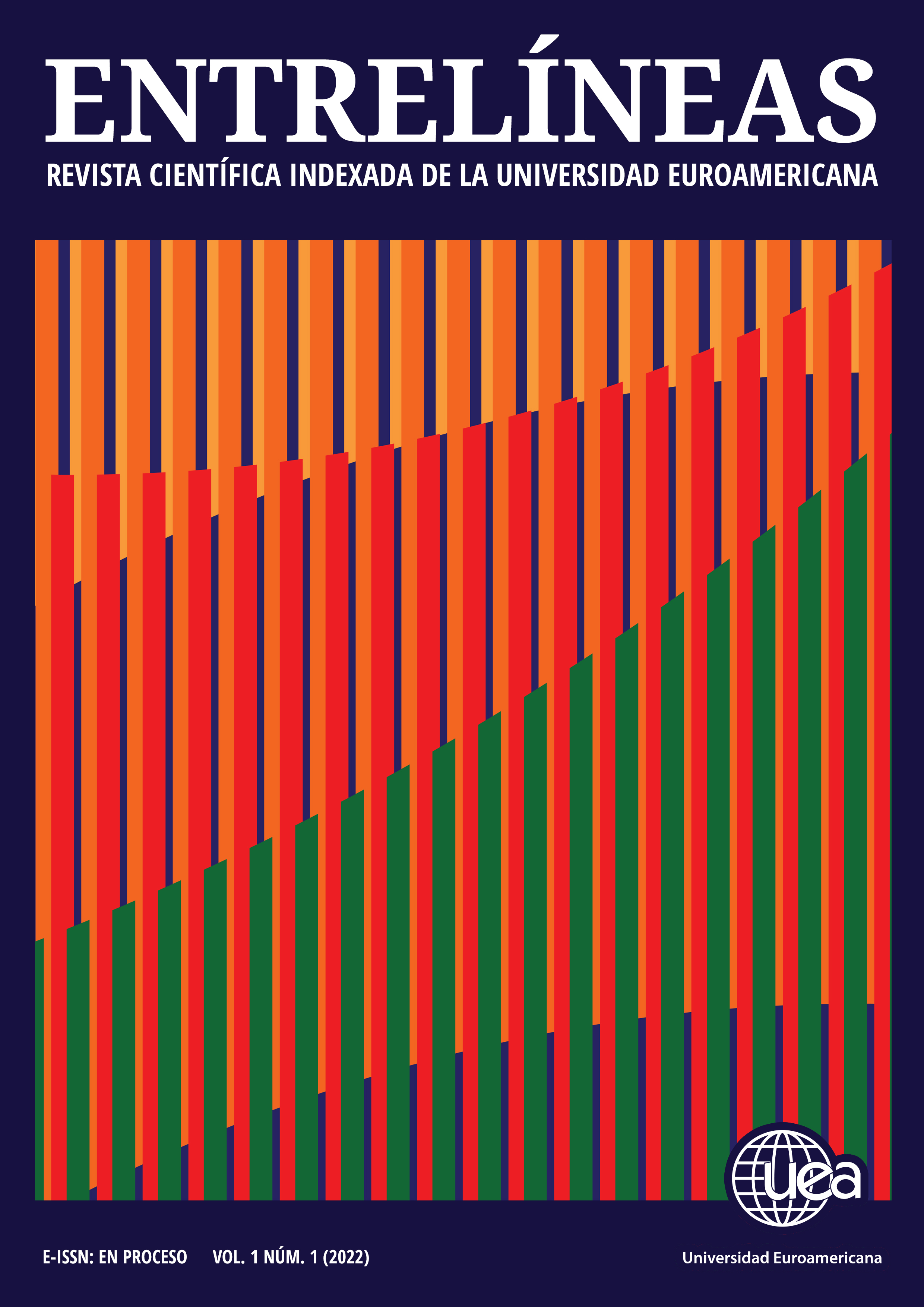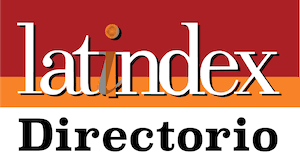Entrepreneurship in university classrooms in pandemic: an experience based on creativity and ICT
DOI:
https://doi.org/10.56368/Entrelineas117Keywords:
Entrepreneurship, university students, pandemic, creativity, ICTAbstract
The current economic situation deteriorated by the pandemic, has led to think of an approach aimed at generating creative ideas from the virtual classroom in which each student was cultivating their entrepreneurial spirit and broadened their vision when offering an innovative solution to a specific problem, also complementing their academic training with the development of teamwork competence to obtain various prototypes, taking advantage of the knowledge imparted in the classes to learn to take the initiative to undertake. In this proposal we worked with students of two subjects of the Visual Arts career of the Private Technical University of Loja, the experimental method, Project-Based Learning (ABP) and Design Thinking were used. The tangible results obtained in this proposal have been generated by each of the students who participated in this project, in which it was possible to analyze strategies and new possibilities of working in a chain for a common project, for this reason emphasis is placed on the strategies that supported the development of their competencies and the motivation generated in them by applying what they learned in class to build the evidence.
Downloads
References
Castillo, M., Álvarez, A., y Cabana, R. (2014). Design thinking: cómo guiar a estudiantes, emprendedores y empresarios en su aplicación. Ingeniería Industrial, 301-311. http://scielo.sld.cu/scielo.php?pid=S1815-59362014000300006&script=sci_arttext&tlng=pt
Herrero, R. (2014). El papel de las TIC en el aula universitaria para la formación en competencias del alumnado. Pixel Bit. Revista de Medios y Educación (36), 171-180. https://www.redalyc.org/pdf/368/36831300011.pdf
Estrada, A. (2016). Emprendizaje a través de aprendizaje basado en proyectos. Iberoamericana de Producción Académica y Gestión Educativa.
Escat, M., y Romo, M. (junio, 2015) Emprendimiento y personalidad creativa en estudiantes universitarios. Creatividad y Sociedad, 65. https://www.researchgate.net/publication/281777127_Emprendizaje_y_Creatividad/link/55f804f808aeafc8ac08e5e3/download
Leinonen, T. y Durall, E. (2014). Design thinking and collaborative learning. [Pensamiento de diseño y aprendizaje colaborativo]. Comunicar, 42, 107-116. https://www.revistacomunicar.com/index.php?contenido=detalles&numero=42&articulo=42-2014-10
Martí, J., Heydrich, M., Rojas, M., y Hernández, A. (2010). Aprendizaje basado en proyectos: una experiencia de innovación docente. Innovación Educativa, 46 (58), 11-21. https://repository.eafit.edu.co/bitstream/handle/10784/16812/document%20-%202020-07-30T142641.847.pdf?sequence=2&isAllowed=y
Moreira, M. (2012). ¿Al final, qué es aprendizaje significativo? Revista Qurriculum, 25, 29-56. https://riull.ull.es/xmlui/handle/915/10652
UNESCO. (2015) Replantear la educación: ¿Hacia un bien común mundial? 51. https://includ-ed.eu/sites/default/files/documents/replantear_la_educacion_unesco.pdf
Downloads
Published
Issue
Section
License

This work is licensed under a Creative Commons Attribution-NonCommercial 4.0 International License.
You are free to:
- Share — copy and redistribute the material in any medium or format
- Adapt — remix, transform, and build upon the material
- The licensor cannot revoke these freedoms as long as you follow the license terms.
Under the following terms:
- Attribution — You must give appropriate credit , provide a link to the license, and indicate if changes were made . You may do so in any reasonable manner, but not in any way that suggests the licensor endorses you or your use.
- NonCommercial — You may not use the material for commercial purposes .
- No additional restrictions — You may not apply legal terms or technological measures that legally restrict others from doing anything the license permits.









